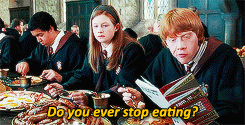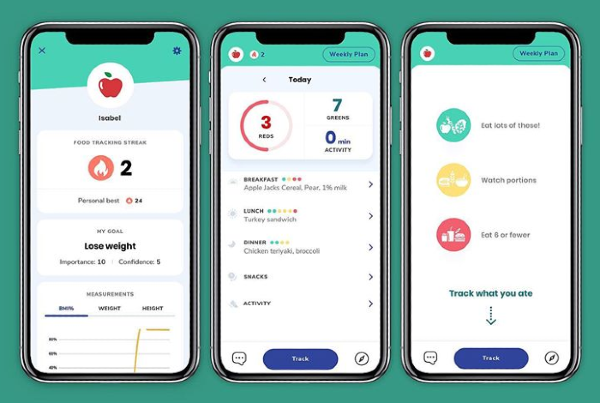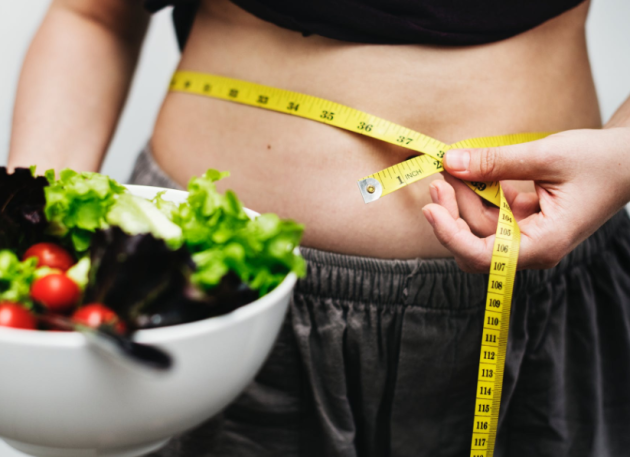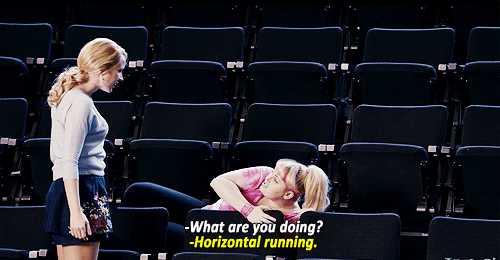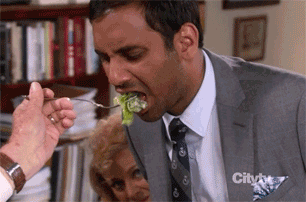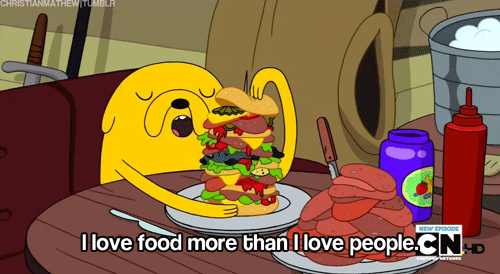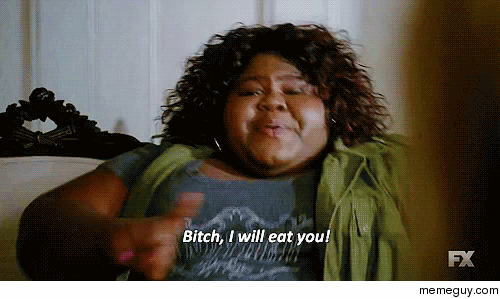So your diet is reasonably good: you eat your five-a-day (usually), and can make a mean tofu stir-fry from scratch. You even make time for exercise.
But guess what? You’re still carrying those stubborn extra pounds and, being honest, you know you’re not quite at your best.
For many otherwise healthy folk, the issue is often over-eating: you’re the first to polish off the food on your plate and the first to dart back to the kitchen for seconds.

You’re a snacker; you love great big bowls of cereal in the evening before bed and tea and toast in between meals. You pick at nuts, fruit and yogurts when you know you shouldn’t.
Granted, it’s a tough habit to crack… but to help you along your way, SHEmazing! has identified the most common reasons for eating more than you should…

1) You say… I deserve a treat:
Not least in this country, we love to celebrate with food and drink. Milestone events, birthdays, anniversaries and promotions at work: many of us are liable to mark the occasion with a blow-out meal.
Then there are the smaller, little treats that quickly become a habit – the ‘I totally deserve that family-sized bag of Maltesers,’ mentality.

It works both ways too – because a fight with your best friend or boyfriend, a set-back at college or just a bit of a crap day is often reason enough to ‘treat yourself’ to a load of chocolate, wine or crisps.
What should you do about it? Start noting all the times and ways you reward yourself with food: ideally, it should be no more than once or twice a week. More than that? Cut back.
2) You say… Feck it!
Some people are brilliant at self-control. They open a bar of Galaxy, take out a single square, and put the rest back for another time.
Some people are less restrained. And for them, one slice of pizza usually means four; one biscuit usually means half the pack (and a bag of Chipsticks chaser).

But a little indulgence doesn’t mean the whole diet has to go out the window – and yes, a little high-calorie food is hardly the end of the world.
The difference is in the quantity: inhaling eight biscuits versus having just two could be as much as 1,000 calories – or, ya know, two hours of advanced spin at the gym.

Remind yourself that while you certainly don’t have to commit to never looking at a slice of cake again, eating the whole cake at once is always a bad idea – not least for your waistline.
3) You say… I shouldn’t have done that
Guilt, shame, regret: you beat yourself up bad when you hit the chipper, or have a giant pizza with garlic bread.
It’s the ultimate morning-after-the-night-before humiliation: you feel crap about yourself, and are pretty sure you’ve managed to gain 2-3kg overnight.

Relax! In fact, research shows that giving yourself a hard time over food only leads you back to the fridge for more. One study at the University Of Toronto, for example, rigged scales to make dieters think they had gained 5lbs even though the participants had actually lost weight.

Those who felt greater shame about their weight gain subsequently ate more ice cream than those who weren’t as bothered by their results.
So instead of regret, vow to do better the next time and simply move on.
4) You say… I’ll just check my email
This is a major issue: you’re not actually able to enjoy a meal – alone or otherwise – without being glued to your phone or laptop.
In fact, between grabbing breakfast on the way into college or work, eating lunch at your desk or in the library, and then having dinner with the TV on and your phone buzzing away beside you, focusing on the task in hand – eating and enjoying a nutritious meal – is a pickle.

Yet we know that multitasking lessens your body’s ability to sense the amount of food you are actually muching on. In fact, research proves that eating while you watch a screen of any kind only leads to consuming more food.
And one British study found that those who could recall exactly what they ate for lunch chomped through 30 percent less than those who couldn’t.

The lesson? Get out of the habit of having your electronic devices glued to your person at all times. Just being mindful of what you’re putting in your mouth and when can go a long way to reducing your waistline.
5) You say… I’m wrecked
A basic lack of sleep has major implications on your ability to control overeating. Furthermore, being tired saps your willpower: you’re a lot less likely to begin preparing a healthy meal from scratch in the evening if you can barely keep your eyes open.
A 2013 study found that not getting enough sleep can cause people to eat up to 5 percent more calories per day – something which will really add up by the end of the week.

So focus on getting seven to nine hours of sleep each night to help strengthen your dietary resolve and curb overeating.
And for best results, try to keep a consistent sleep schedule too: burning the candle at both ends all week only to binge-sleep at the weekends just isn’t as effective.




